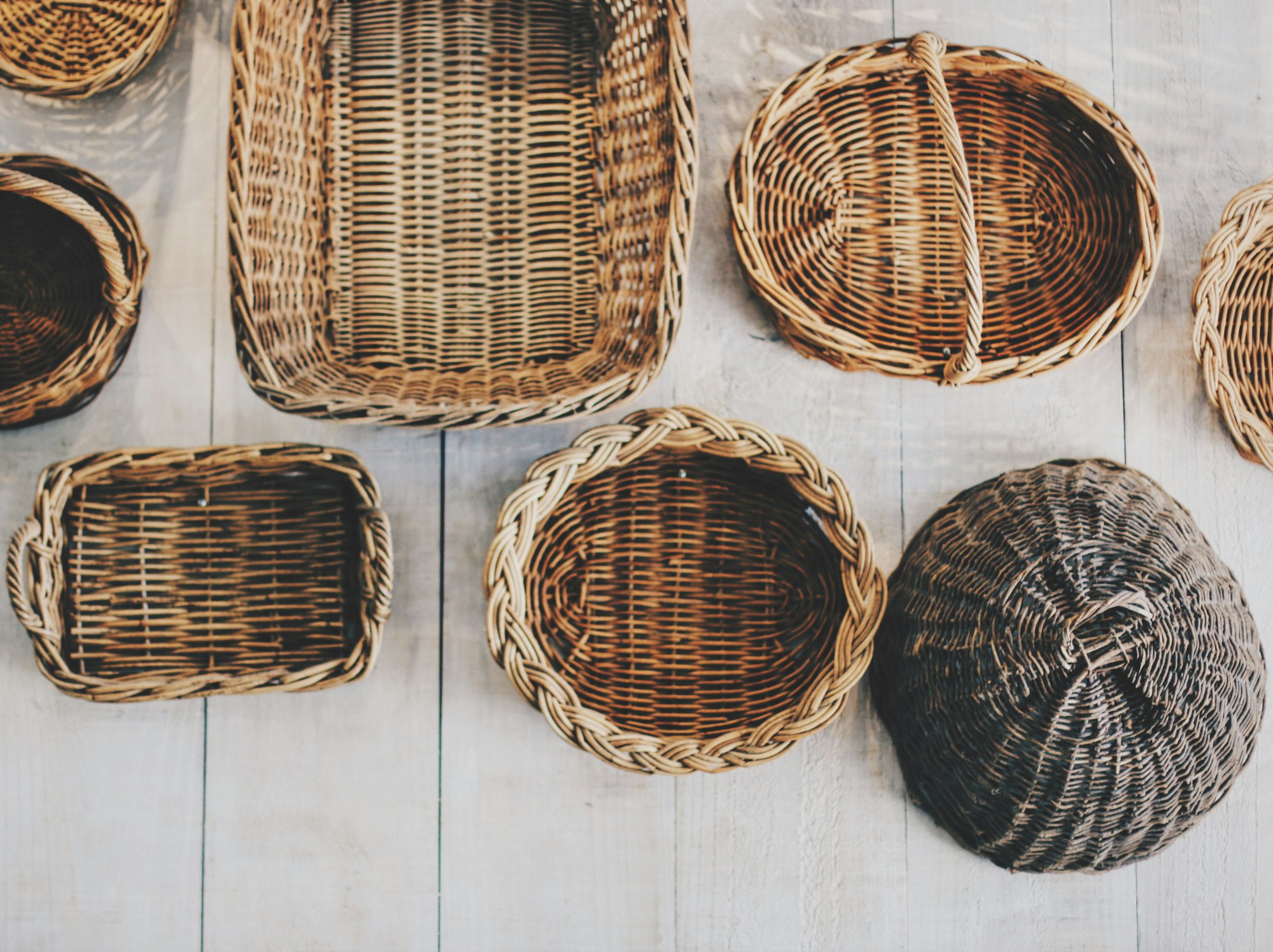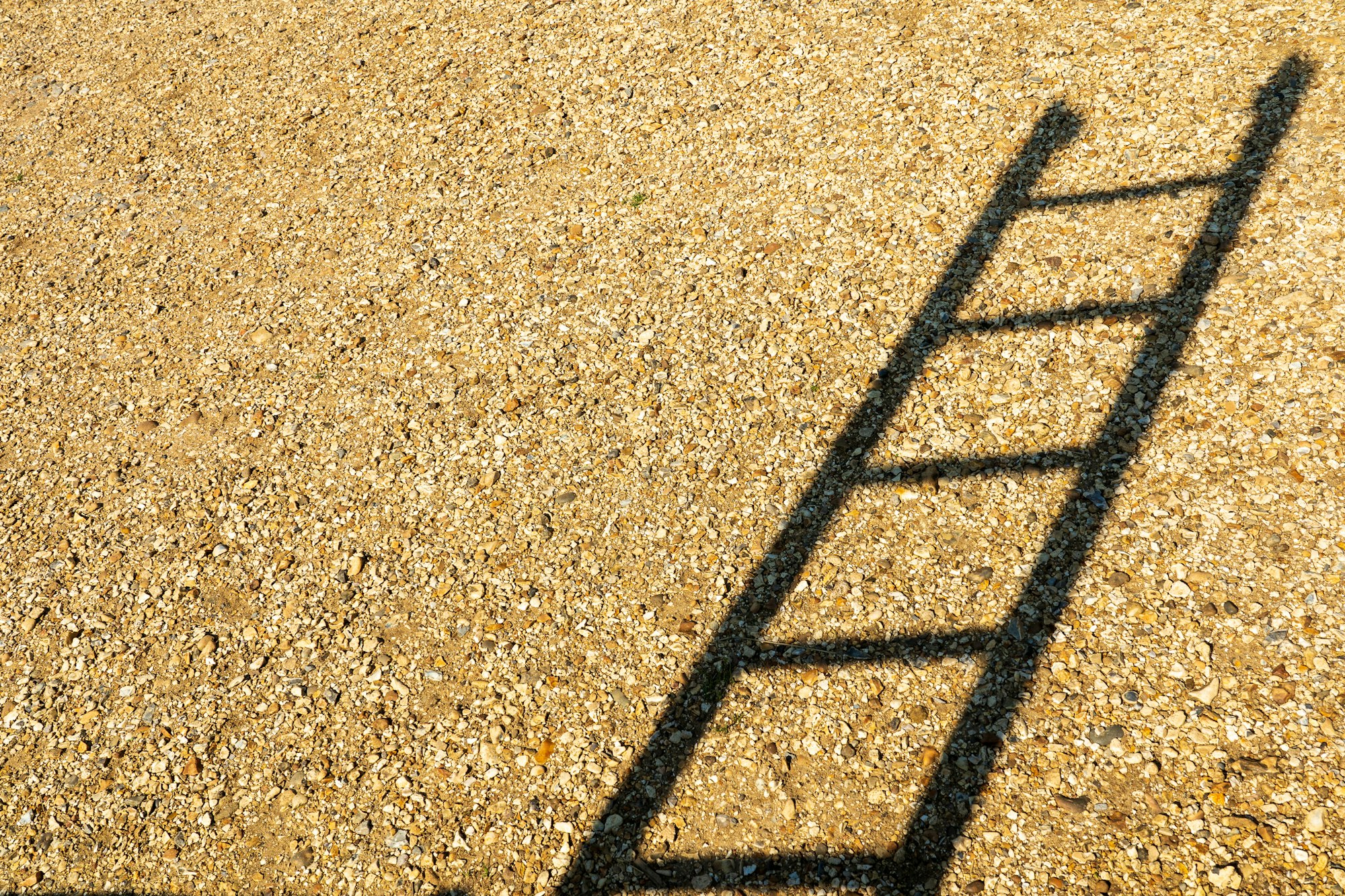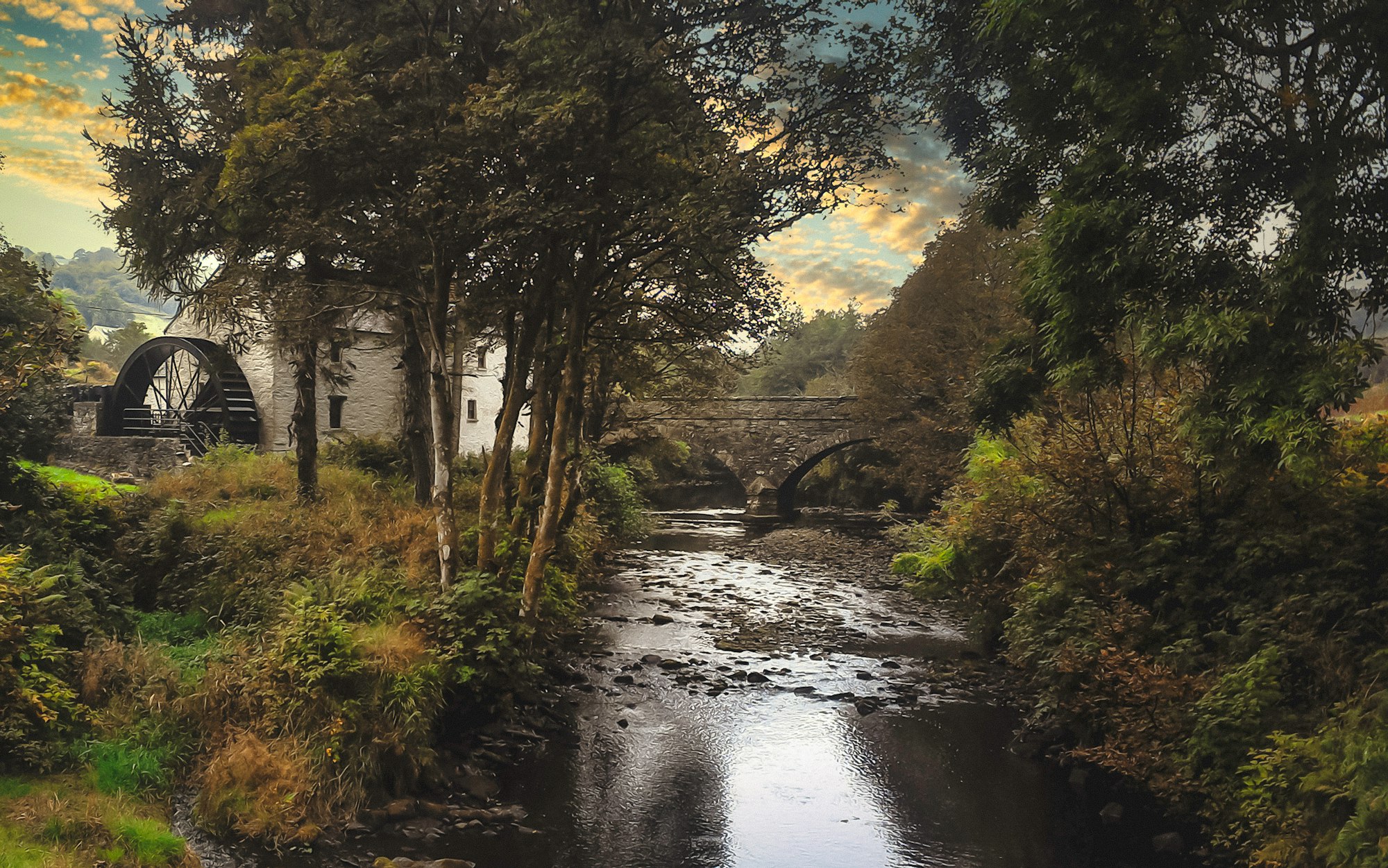X: Watering Can
Why today is really vanilla day.
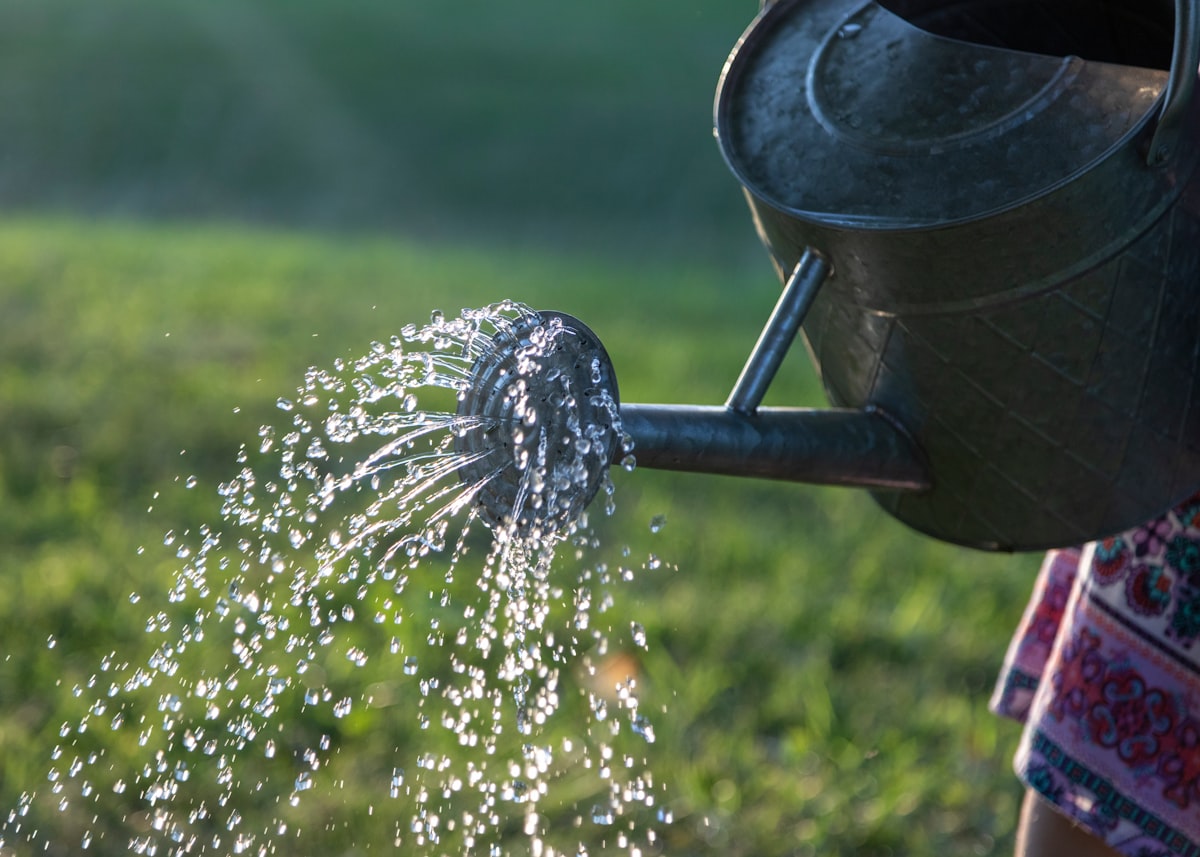
Good morning. Today is décadi, the 10th of Thermidor, Year CCXXXI. We celebrate l'arrosoir, a bucket for making it rain on flowers.
Given how closely vanilla is associated with France and its overseas territories, it may be surprising that there's no vanilla day. It's not that the flavoring spice was unknown. Europeans first encountered vanilla beans during the Spanish invasion of modern-day Mexico in the 16th century, and the plant was a common inclusion in botanic gardens in both France and England by the time of the revolution, grown for both its beauty and the rare delicacy of its bean's flavor. But the harvest of that bean would only happen once – nobody could figure out how vanilla was pollinated.
The problem of how to make exportable quantities of vanilla was a subject of fierce botanical inquiry by Spain, England, and France, who each used their respective overseas colonies as testing grounds. Spain had an advantage in that the native habitat of the plant in Mexico did allow for wild pollination (the key was a specific type of honeybee), but these same plants would not propagate under cultivation, and rolling around in the jungle to pick wild vanilla beans did not yield a fruitful and reliable trade harvest.
Having been more-or-less shut out of the tropical Americas – vanilla didn't take well to the Caribbean islands and France's South American territory was nearly impossible to farm in any manner – the British and French took their plants to the most similar climate in their colonial repertoire: the west Indian Ocean, where vanilla plants grew happily, particularly off the African coast on the islands of Madagascar and Mascarene.
At the time of the revolution, France held most of these islands, and was busy investigating vanilla cultivation, but the revolutionary government – aside from pissily changing the name of the island of Bourbon to Réunion – had other things on its mind than the far-flung administration of overseas territories. When Napoleon came to power, he sent his only real rival for popularity and power, the revolutionary general Charles Mathieu Isidore Decaen, to be the governor of Isle de France in XI (1803), an island east of Madagascar that had cheekily declared its independence and set up its own democracy during the Jacobean tumult. Decaen remained there until XVIII (1810), when Napoleon was at the height of his war making and converted Isle de France to a base from which to harass the Brits in the Indian Ocean.
It was probably for this reason that in the Treaty of Paris that capped off Napoleon's first spasm of conquest, almost every island and patch of land France had under the Bourbons was restored to them except Isle de France, which England took and restored to its earlier Dutch name, Mauritius. (In the meantime, if you're keeping score, Réunion had been renamed Bonaparte by Napoleon, then Louis XVIII, upon regaining control of France in that Treaty of Paris, re-renamed it Bourbon. Then, after the monarchy was officially declared dead for good in France, they re-re-renamed it Réunion. I swear this all worth knowing in order to understand vanilla and, yes, watering cans.)
For the inhabitants of Madagascar and its surrounding islands, the question of whether France or England would control them was not academic, for England had forbade the practice of slavery in the Indian Ocean and France was, in some ways, explicitly fighting for its continuation.
Let's put France's constant political upheaval aside and return to the struggle to unlock the secrets of vanilla. In XLIX (1841), on the island of (checks timeline) Bourbon, an enslaved boy named Edmund Albius unlocked the secret of pollinating vanilla by simply cutting out the bees altogether and doing it himself, by hand, by very carefully rubbing the plants parts together. (To Albius's "owner's" credit, we know Albius was the discoverer because the "owner" made sure to give the inventor his due.)
France suddenly had a monopoly on the vanilla trade, and Bourbon was location of all export. In LVI (1848), France did that final monarchical overthrow thanks to ... Napoleon III, oh well ... and renamed the island Réunion and most importantly to Albius outlawed slavery. Despite all that, the name Bourbon Vanilla stuck, and is still a byword for naturally produced vanilla extract. (It has nothing to do with the liquor, even though alcohol is used to preserve the extract.)
The method for producing vanilla by hand pollination couldn't be kept secret for long, and the British-controlled Mauritius is only a short boat ride from Réunion, so they immediately attempted to set up their own vanilla plantations there. Vanilla growing is still, to this day, a difficult and skilled trade. That hand pollination is difficult! In order to keep their plantations humming, England sent any officers in its colonial service who had gardening experience to Mauritius, and that's how John Haws – by all accounts a pretty poor gardener, but a gardener nonetheless – ended up there in XCII (1884).
By this time, vanilla was making its way into all sorts of food, most notably ice cream, and was one of the most expensive and lucrative spices in the world. Some scientific breakthroughs were just happening to isolate vanillin, the compound responsible for the inimitable flavor, but manufacturing vanillin as a synthetic substance was still a few decades away from happening. Thus, the Brits kept their desultory vanilla plantations trudging along, making poor Haws work in the fields day and night to grow and care for these finicky beans.
The worst part, for Haws, was watering the plants in tropical heat. The heavy watering cans were cumbersome, and he often had more water sloshing uselessly on the ground than where he aimed it at the plant root. Those sloshes compacted the soil and made the beans unhappy. He set about coming up with a more precise way to pour the water, and two years later, registered for a patent on the Haws Watering Can with a design that has been endlessly copied and is now the default shape of watering cans.
The Haws company still makes those cans 130 years later, and although a few bankruptcies and buyouts have happened along the way, the original design persists. And all it took to make this ubiquitous and, in retrospect, obvious tool design was the laborious cross-pollination of the worst sins of the French and British empires combined.
Today's card: 9 of clubs
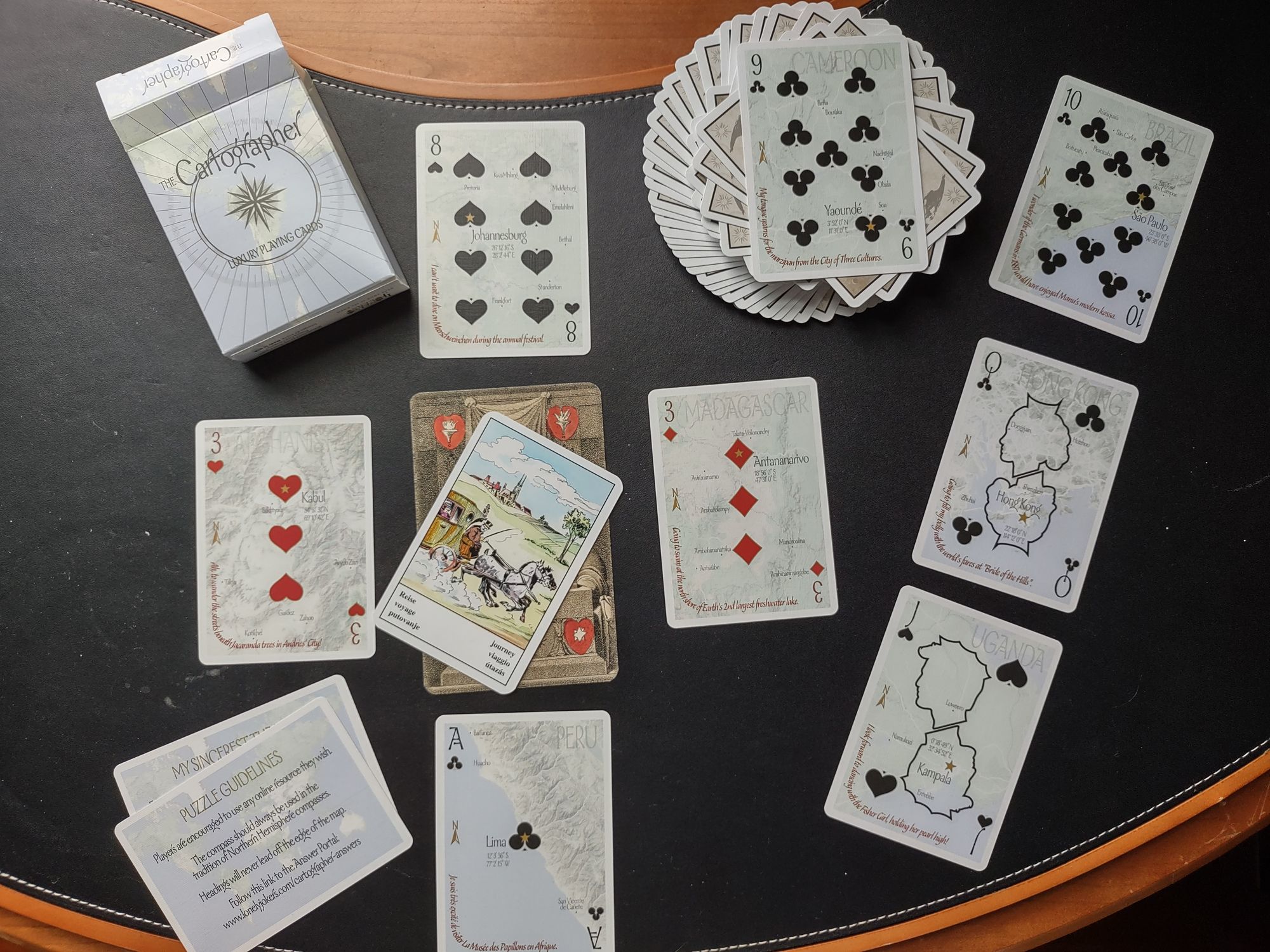
We complete our journey in Yaounde, Cameroon. While some epic travels do nothing but fill our photo albums, this one appears to have done the actual trick, refueling our energy and rekindling our curiosity about the world, and therefore our attitude toward it. A new journey (of some sort) begins tomorrow!
